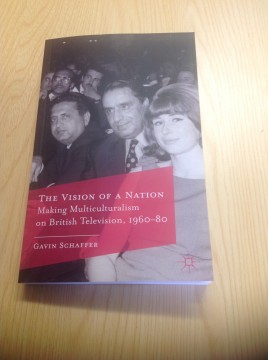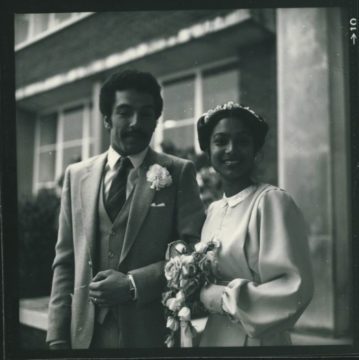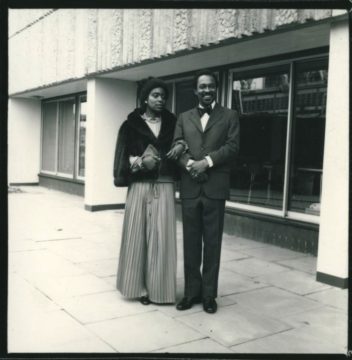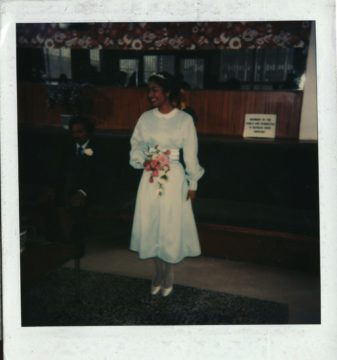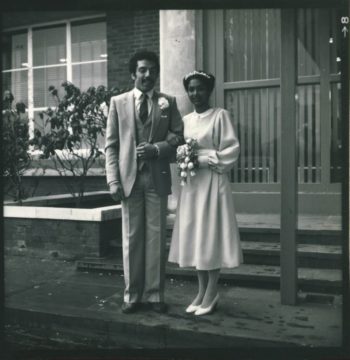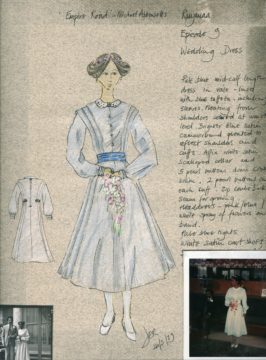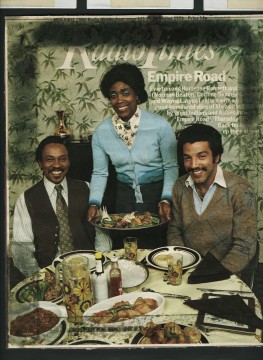
Jim Broadbent

Christopher Fairbank

Philip Jackson
I attended the Kaleidoscope, Pebble Mill archive screening event on Saturday in Stourbridge, and had the opportunity to see some wonderful shows from the 1970s and ‘80s. An added bonus was that some of the programme makers, actors and presenters were able to come along and discuss their work.
One treasure from the archives was the 1980, BBC 2 Playhouse: Games Without Frontiers. It was a multi-camera studio drama, devised and directed by Michael Bradwell, who came along to the screening, as did Philip Jackson, one of the lead actors. The play also featured Jim Broadbent, Eric Allan and Christopher Fairbank – so a very strong cast.
The drama was improvised by the actors during the rehearsal period, and then written down, so that it could be plotted for the cameras, in a similar way to how Mike Leigh’s dramas worked. It was set on a North Sea ferry from Holland. In order to research ideas for the play the actors went on a weekend away to Amsterdam – including the obligatory trip to the red-light district, paid for, of course, by the BBC!
The action was almost all set in the ferry bar, with a couple of scenes in the corridor, so it had quite a claustrophobic feel. The set was built on the top floor of the Pebble Mill office block, which acted as the studio.
The play was remarkably watchable, mainly because of the developing relationships between the characters. There were some funny comic touches and excellent character acting. The story revolves around the two main characters, Clive (Philip Jackson) and Stewart (Jim Broadbent), who are on their way home after a weekend in Amsterdam. They describe their weekend’s adventures, including the trip to the red-light area, and we learn a lot about their home and working lives. Technically the pictures and sound were still good quality.
This kind of drama would not be made nowadays: it is a character driven study, with nowhere near enough action to satisfy a contemporary audience. Also it would not fit into the popular sub-genres of modern drama – it isn’t crime related, or a thriller.
Peter Ansorge was the producer of Games Without Frontiers; he came along to the showing and took part in a panel discussion about it, and other dramas, before the screening. He said to me afterwards that he had no idea that the play still existed, and he hadn’t seen it for many years! So many studio dramas of this era were junked, as videotape was expensive, and tapes were wiped to be re-used.
Vanessa Jackson

